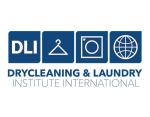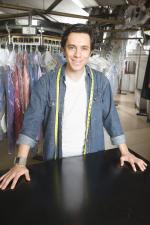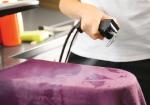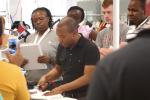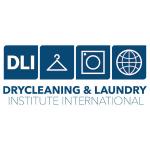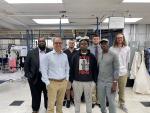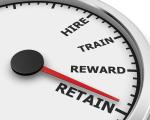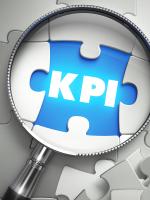CHICAGO — Dry cleaners who believe they’ve “seen it all” are actually saying that they’ve stopped paying attention to new information and possible solutions to constantly changing challenges. Those with a more flexible mindset, who are open to new potential pathways, are giving themselves the best chance to succeed.
In Part 1 of this series, we examined the risks of relying on the status quo when operating an drycleaning business, as well as signals to be on the lookout for that indicate stagnation is setting in. In Part 2, we turned our investigation around to see where cleaners looking for new information might go to find it. Today, we’ll conclude by exploring ways to find information outside of the industry that can positively impact a drycleaning business, as well as ways cleaners can set their minds to take advantage of continuing education.
Looking Outside the Industry
While there are plenty of industry-specific tools available to dry cleaners, Dawn Hargrove-Avery, digital marketing manager for the National Cleaners Association (NCA), urges cleaners to also look outside the field, because you never know where great ideas can come from.
“I’m a firm believer in joining the chamber of commerce in your local neighborhood,” she says. “A lot of people don’t take advantage of it because they think, ‘We’re dry cleaners — those are hair salons and painters and all these other people.’ But you can learn something for your drycleaning operation from a painting company or from a hair salon. A marketing strategy that worked for a hair salon might work for a dry cleaner.”
Resources from organizations such as the Small Business Administration (SBA) or the Service Corps of Retired Executives (SCORE) can also be great places for information: “If I just walk away from that 20-minute conversation with one thought or idea that might help me tomorrow. It was worth the 20 minutes I spent listening to them,” she says.
Besides gaining knowledge, cleaners might find that they have something to offer fellow business owners, which is rewarding in itself.
“Find networking events, go have fun, and meet people,” Hargrove-Avery says. “As a dry cleaner, you might think you have nothing to offer — you might think, ‘What am I going to talk about, dry cleaning?’ — but you do. You’re running a business. Talk about your last successful marketing plan or your last great human-resource onboarding idea that you came up with. You’re not just a dry cleaner. You’re a business owner.”
Take a Breath and Then Begin
When owners open their minds to new ideas, knowledge and possibilities, there can be a frightening moment when they realize just how large a torrent of information there is for the taking.
“When I get overwhelmed, I just have to step back,” Hargrove-Avery says. “When too much is going on, it can make a person freeze, when you don’t know what the next move is. So, look at the changes coming down the line, and then just break them down into tiny pieces.”
She uses the example of researching a potential new piece of equipment for the plant.
“Sit down and ask what’s the difference between this and what you have been using,” she says. “What do I have to know in order to make this piece of equipment work? What’s the benefit of having it? How much time will I save using it? Can I do it without this piece of equipment? Go through all the steps.”
This examination method works for any part of your business, Hargrove-Avery says.
“Whether it’s figuring out a marketing program, a hiring or onboarding program, or whatever you’re trying to figure out,” she says, “look at the big picture and ask, ‘What are the 10 steps that can get me there?’ Sometimes, it might have to be 20 steps if it’s a much bigger project. But if you look at all the projects we all have to do every day, life can look overwhelming. If you break it into small chunks, I think that you can accomplish way more than you set out to do, and don’t be afraid to try a different way.”
No matter what avenue is taken or information is found useful, cleaners must continually move forward, says Kermit Engh, owner of Fashion Cleaners in Omaha, Nebraska, and the managing partner of Methods for Management, a consulting firm for the drycleaning industry. They can’t rest on “the way it’s always been done.”
“If you sit back and wait for things to happen, you will get run over,” he says. “If there was any huge lesson that we all learned in COVID, it was that those who reacted quickly have thrived coming out of this. Those (businesses) waiting for things to happen are no longer with us.”
For Part 1 of this series, click HERE. For Part 2, click HERE.
Have a question or comment? E-mail our editor Dave Davis at [email protected].


